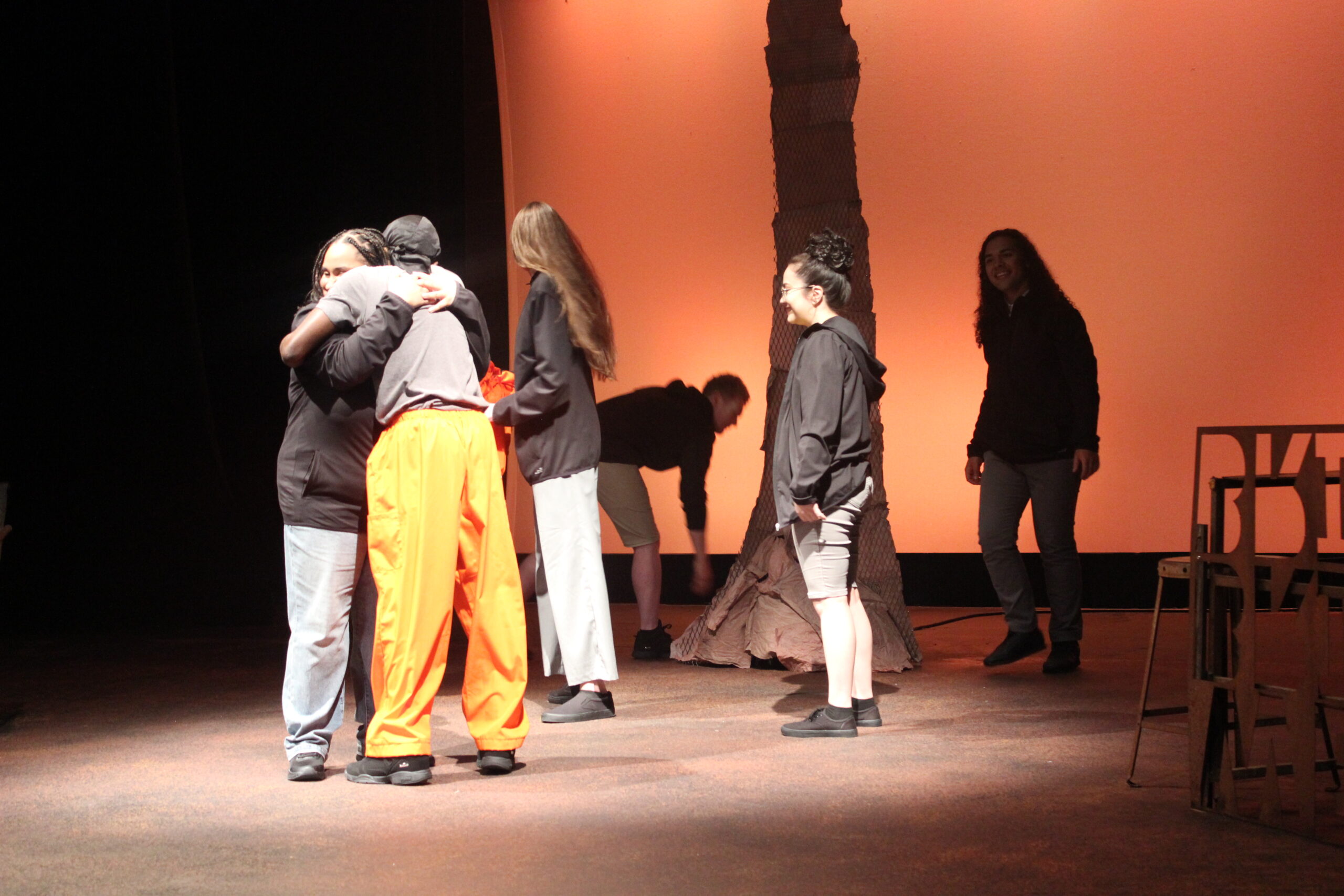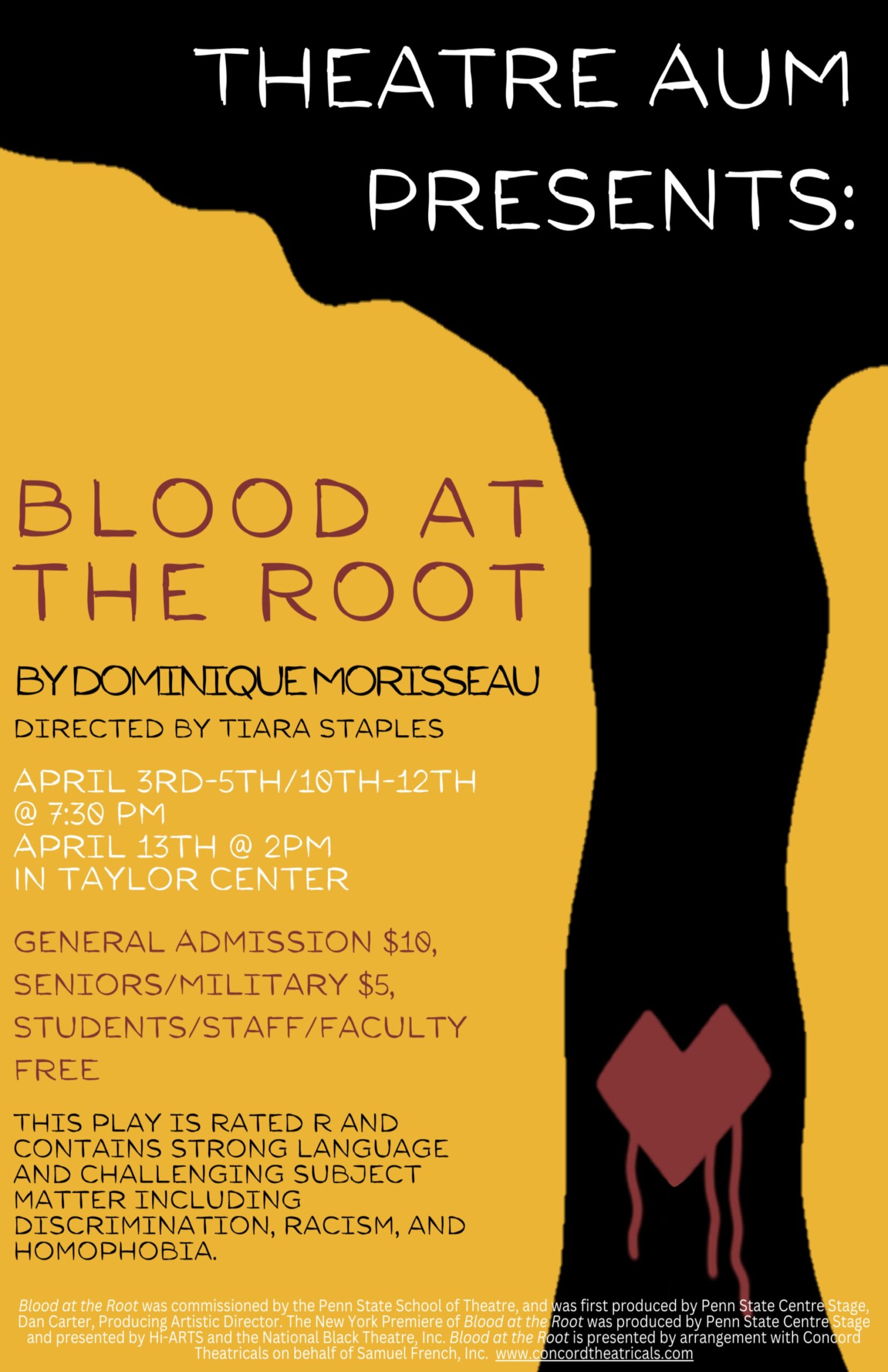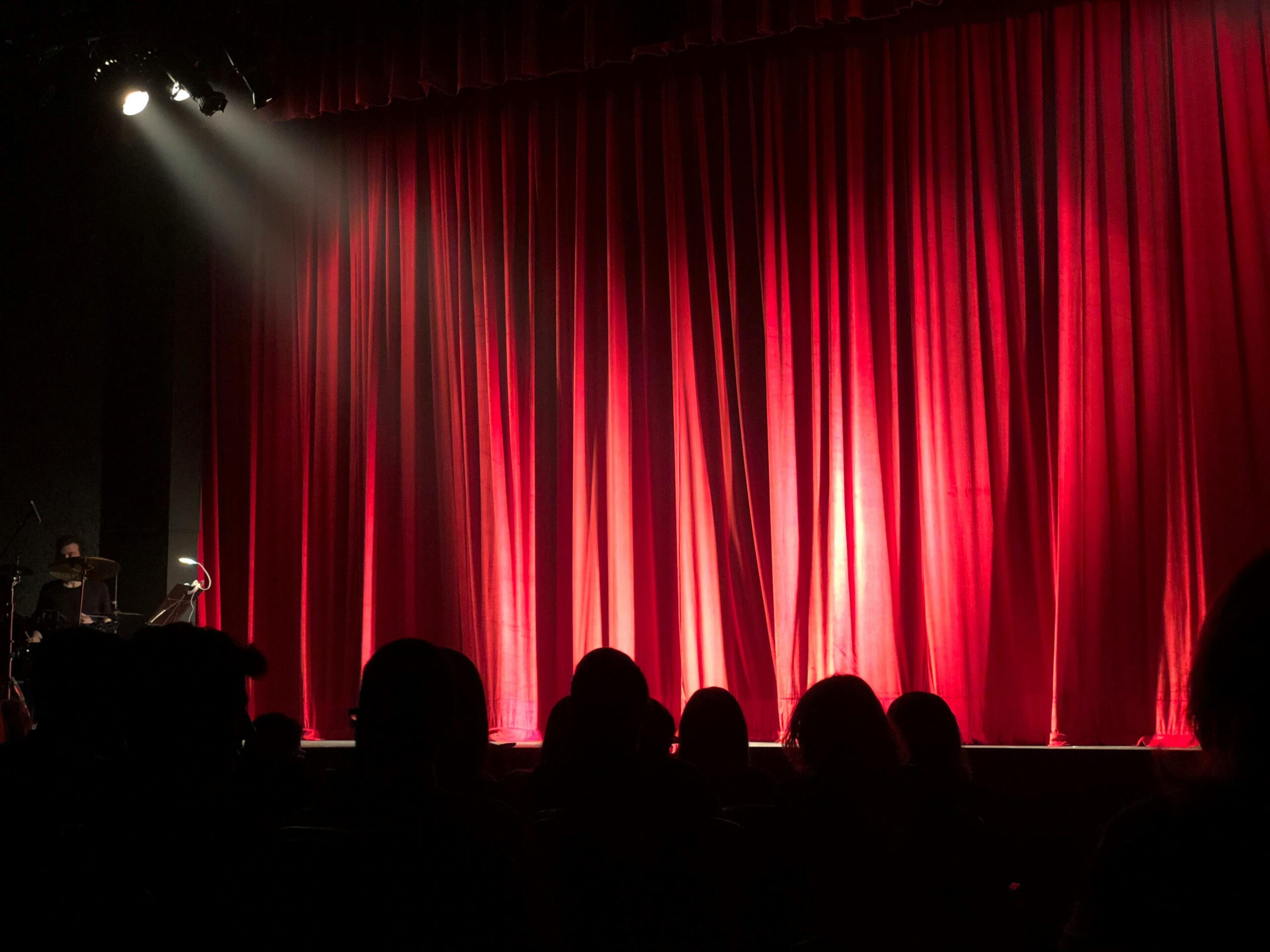BY: Olivia Crutchfield
Theatre AUM’s first production of the 2018-2019 season is in full swing, and like previous years it’s being kicked off with a showcase. The showcases are a compilation of scenes and monologues from various plays all regarding a certain theme. This years’ showcase is showcasing monologues and scenes all written by women; Female Voices.
The underrepresentation of women is evident in many industries, and unfortunately theatre is an industry where women have also been forgotten or completely misrepresented in works. Studies and numbers can clearly show how great the gap is between men and women. Although these numbers can be powerful in themselves, when you’re in the industry, even a small portion of it, you understand how women are often forgotten or written as characters who aren’t prevalent in the piece or their very little story is one that is told every time.
The audition requirements for this particular showcase, were to audition with a monologue that was written by a woman. I wasn’t the only woman who struggled to find a monologue that best suited me, “When I was looking for a female playwright it was difficult to find a well written monologue for a 19 (or around) year old. I spent countless hours searching and only found childish monologues.” explained Jacquelyn Vaughn. When looking for monologues for women you tend to come upon the same kind of characters. The female characters you are most likely to find are those that are simply a side piece for one of the main male character, she doesn’t speak much and we don’t get to really know who she is. She might also be represented as a crazy, unstable, naïve or air-headed woman who has no real purpose in the piece. The reoccurring attributes to female characters are that they aren’t written with as much “meat” behind their character arc as their powerful male characters. What I mean by “meat” is that, female characters have very little substance to them. If you took them out of the piece their absence, more than likely, would not be missed or even change the overall plot of the piece. Granted female representation in theatre now has improve tremendously from the start of theatre way back when, it’s not where it should be by any means.
The fact that female characters are typically written as the victim, the girlfriend, the wife, the prostitute or a ditsy character is extremely frustrating for women not only from a working actor standpoint but also from an audience standpoint. How can we expect women to fall in love with female characters if they’re so superficial they no longer are humans but just a random body prancing on stage? We are constantly seeing female characters character arc revolving around a man in one way or another. She gets stronger because of a man, she is broken because of a man, she gets somewhere in life because of a man and so on and so forth. We don’t normally see a woman get stronger because of a woman, become broken because of a woman, gets somewhere in life because of a woman; a woman’s struggles or successes, most of the time, are accompanied by a man. Women, like anyone else, want to be inspired by a character because they represent their strength and the life they have lived, and not have their eyes roll out of their head because the female character on stage can only talk to the other female character about a man, and that be the “meat” of their character plot. Women are strong, powerful, intelligent, funny, witty, sound, kind, and so much more, yet we only get a few adjectives represented that aren’t flattering or accurate.
“I find it very interesting how there are not many comedic pieces for women. I always find monologues that are either classical or dramatic. Strong women monologues are out there, but you just have to search and keep reading.”, said Brittany Vallely. Brittany brings up a good point, why can men be the only funny characters? Why do women always get the somber plot lines? This is not only the case in theatre but in film as well. If a woman is funny she is usually plus-sized. For some reason society see women who are above a size 12 as the laughing stock. Personally, I don’t always want to play the dramatic woman, I want a strong female lead that’s funny, witty and knows what she wants, but those options are extremely slim.
Female underrepresentation in theatre doesn’t extend only to female characters but to female playwrights as well. Female playwrights make up only 20 percent of playwrights on and off-Broadway. Of course, that number is not counting those female playwrights whose work hasn’t been published or produced, which is an extremely high number. Women are trying to climb their way up to acceptance and proper representation in all areas of theatre like lighting design, scenic design, sound designer and director.
This showcase takes a huge stance against the gender gap in theatre, and I, among others, are proud to be a part of this showcase that has such a strong message behind it. The plays that are represented in this production are powerful ones in many different ways. With the support from the extremely powerful Me Too movement, this showcase shows how important the female voice is in every industry. More than likely, a woman plays or has played a huge part in your life. There are women out there that you look up to and view as a source of strength, protection, guidance and motivation. The women you know in your life can move mountains and barely break a sweat. Women play a huge role in so many of our lives, so why are they left out of roles on stage and behind the pen when it comes to theatre?
Sources:
https://www.huffingtonpost.com/lauren-gunderson/theatres-audiences-are-ma_b_1388150.html
https://www.whatsonstage.com/london-theatre/news/women-in-theatre-eight-facts_45974.html




